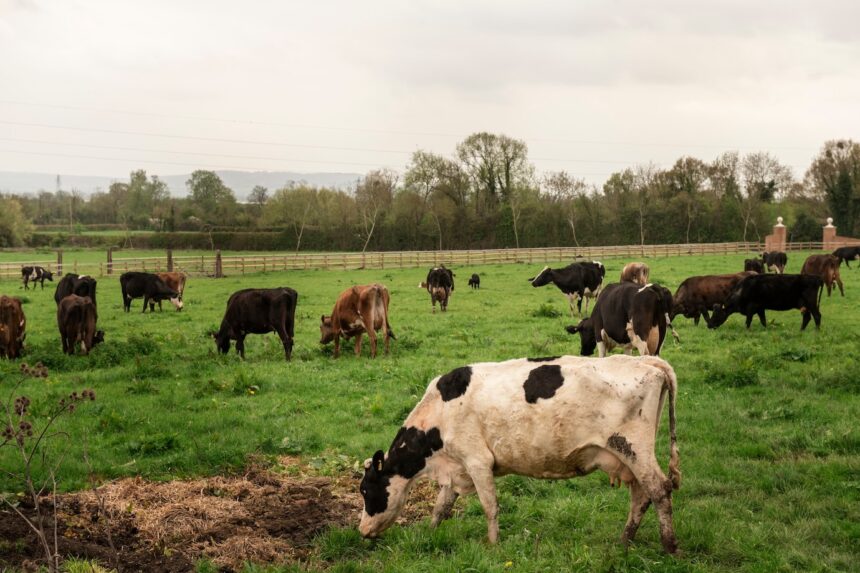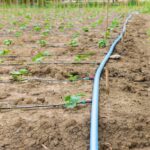Farm theft has become a growing concern for many rural farmers across South Africa. From stolen livestock and crops to equipment and fuel, these incidents not only threaten livelihoods but also disrupt food production and rural economies. For small and large-scale farmers alike, protecting agricultural assets has become an essential part of farm management.
Rural areas are particularly vulnerable due to their remote locations, long response times from authorities, and often limited access to reliable security infrastructure. However, there are several practical steps farmers can take to reduce the risk of theft and safeguard their operations.
The first step in preventing farm theft is creating a secure perimeter. Fencing plays a crucial role in deterring intruders and keeping livestock contained. A well-maintained fence with secure gates makes it harder for thieves to access the property unnoticed. Electric fencing, while more costly, offers an extra layer of protection, especially when used in high-risk areas or around key storage zones.
Controlling access to the farm is also essential. Limiting entry points and installing lockable gates helps monitor who comes in and out of the property. Where possible, keeping visitor logs or using pass systems can help identify unusual activity. Farmers should train workers to be cautious about unfamiliar vehicles or individuals and to report suspicious behavior immediately.
Lighting is a simple but effective deterrent, especially around storage areas, fuel tanks, and kraals. Motion-sensor lights can startle intruders and alert nearby residents or workers. In areas without access to electricity, solar-powered lighting is a cost-effective alternative that works reliably even during load-shedding.
Community cooperation is another powerful tool. Farmers can join or form local farm watch groups to share information and alert one another to possible threats. Staying in regular contact with neighbors and nearby farmworkers creates a sense of shared responsibility and improves response times in emergencies. Coordinating with local police and participating in rural safety forums can further strengthen security networks.
Installing basic surveillance systems like trail cameras or CCTV can be highly effective. These tools can record activity in high-risk areas and assist in identifying intruders. With advancements in technology, many systems now offer remote monitoring via smartphones, allowing farmers to keep an eye on their property even when they’re away.
Marking equipment and livestock with unique identification numbers or branding makes stolen items easier to trace and less appealing to thieves. Keeping up-to-date records of livestock, machinery, and tools is also useful when reporting incidents to authorities or insurance providers.
Secure storage is vital for protecting high-value assets. Tools, chemicals, and fuel should be locked away in solid, well-secured sheds or containers. Avoid leaving equipment in open fields or overnight in areas that are not visible from the farmhouse.
Education and awareness also go a long way in preventing theft. Training farmworkers on security procedures, the importance of vigilance, and what to do in case of a theft can make a significant difference. Regular checks, audits, and a culture of alertness contribute to long-term security.
Farm theft may be an ongoing challenge in rural South Africa, but by taking proactive measures, farmers can reduce their vulnerability and build safer, more secure operations. Investing in strong fences, good lighting, surveillance tools, and community cooperation can make a real difference in protecting valuable resources and ensuring peace of mind.
Join 'Farmers Mag' WhatsApp Channel
Get the latest Farming news and tips delivered straight to your WhatsApp
CLICK HERE TO JOIN






